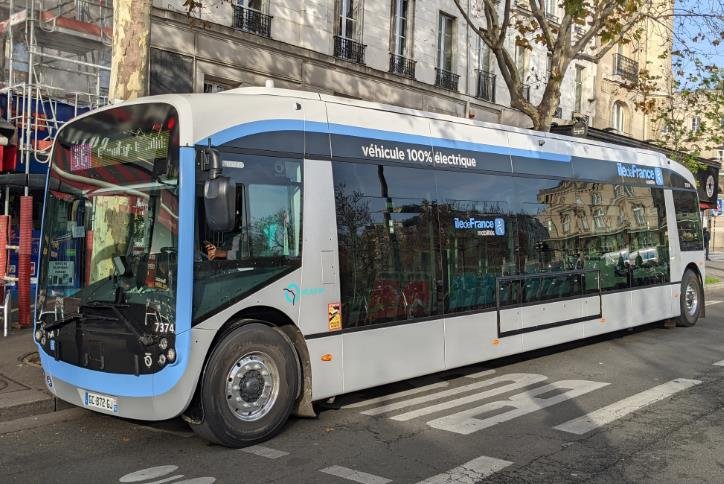Paris, the host city of the 2024 Olympic and Paralympic Games, has ambitious plans to upgrade its public transport system for the mega-event. The city aims to improve its mobility and accessibility for the athletes, officials, spectators, and residents, by expanding and modernizing its metro, train, tram, bus, and bike networks.
The city’s public transport authority, Île-de-France Mobilités, has signed a partnership agreement with the Paris 2024 Organising Committee, to provide efficient and sustainable transport solutions for the Games. The authority will coordinate with the operators, such as RATP and SNCF, to increase the frequency and capacity of the transport services, and to set up dedicated shuttles and lanes for the accredited personnel.

The authority will also work with the organisers to design and implement a transport plan for the spectators, who will be able to access the competition venues by public transport, as well as by walking or cycling. The authority will provide information and guidance to the spectators, and will offer special tickets and passes for the Games.
The city’s public transport projects are part of a larger vision for urban transformation and ecological transition
The city’s public transport projects are part of a larger vision for urban transformation and ecological transition, that aims to make Paris a more livable and sustainable city. The city hopes to reduce its carbon footprint and air pollution, by promoting green and active modes of transport, such as electric vehicles, bikes, and scooters.
The city also hopes to enhance its attractiveness and competitiveness, by improving its connectivity and accessibility, both within the city and with the surrounding regions. The city wants to create a more balanced and integrated urban development, by connecting the central and peripheral areas, and by fostering social and economic inclusion.
The city’s public transport projects are also part of a legacy strategy, that aims to leave a positive and lasting impact for the city and its inhabitants, beyond the Games. The city wants to create a more resilient and adaptable transport system, that can cope with the changing needs and demands of the population, and that can respond to the challenges and opportunities of the future.
The city’s public transport projects face some challenges and uncertainties, due to the COVID-19 pandemic and other factors
The city’s public transport projects face some challenges and uncertainties, due to the COVID-19 pandemic and other factors, that may affect their completion and operation. The pandemic has caused delays and disruptions in the construction and delivery of some of the projects, such as the Grand Paris Express, a new metro network that will link the suburbs and the airports with the city center.
The pandemic has also caused a drop in the ridership and revenue of the public transport services, due to the lockdowns, curfews, and travel restrictions. The authority and the operators have had to adapt their services and protocols, to ensure the health and safety of the passengers and the staff, and to comply with the sanitary measures and regulations.
The pandemic has also changed the mobility patterns and preferences of the people, who may opt for more individual and flexible modes of transport, such as cars, bikes, or scooters. The authority and the operators have to anticipate and respond to these changes, and to offer attractive and competitive alternatives, to encourage the use of public transport.
The city’s public transport projects also face some risks and uncertainties, due to the political and social context, such as the upcoming presidential and municipal elections, the public opinion and perception, and the potential protests and strikes. The authority and the operators have to engage and communicate with the stakeholders and the public, to gain their support and trust, and to address their concerns and expectations.







